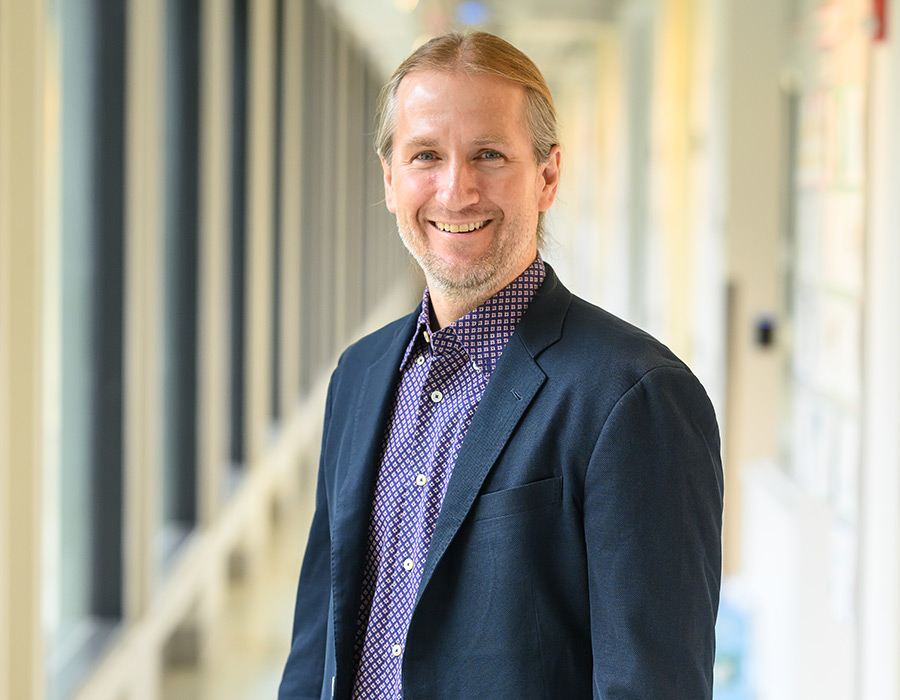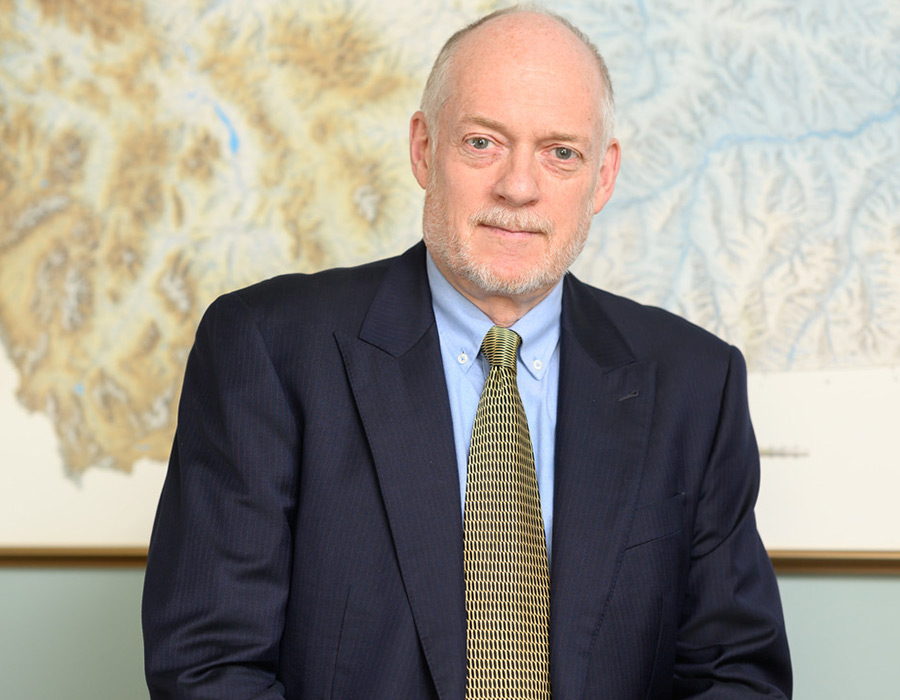Johnson Awarded Yosemite-American Cancer Society Grant
The Yosemite-American Cancer Society Award grantees are developing research projects to advance the prevention, diagnosis, and treatment of cancer.
Jeremiah A. Johnson, the A. Thomas Guertin Professor of Chemistry, has been selected as a recipient of a research grant from the American Cancer Society (ACS) and Yosemite, an oncology-focused venture capital firm. These inaugural prizes were awarded to scientists from institutions across the country and are poised to make an impact in immuno-oncology as well as the use of Artificial Intelligence (AI) in cancer prevention, detection, treatment, and healthcare delivery.
Johnson was chosen in recognition of his work “overcoming therapeutic resistance through cell-specific targeting of the tumor microenvironment with antibody–bottlebrush prodrug conjugates.” The Yosemite-American Cancer Society Award, a highly competitive prize, was developed to advance groundbreaking research taking place at institutions across the country.
“The American Cancer Society is proud to collaborate with Yosemite to support cutting-edge research,” said Dr. William Dahut, chief scientific officer at the American Cancer Society. “These studies employ highly innovative approaches to bring molecular research, immunotherapy, and even AI and computational machine learning to advance cancer therapies and the cancer patient experience.”
“Investing in grant programs like the Yosemite-ACS Award is part of our flexible capital strategy that allows us to drive cancer research forward,” said Anna Darbyshire, chief operating officer at Yosemite. “Collaborating with an internationally recognized organization and the largest private funder of cancer research in the nation, combined with our hybrid investment approach allows us to effectively translate next-generation scientific research at all phases of development, to pave the path to making cancer non-lethal in our lifetime.”
The Johnson laboratory seeks creative, macromolecular solutions to problems at the interface of chemistry, medicine, biology, and materials science.





